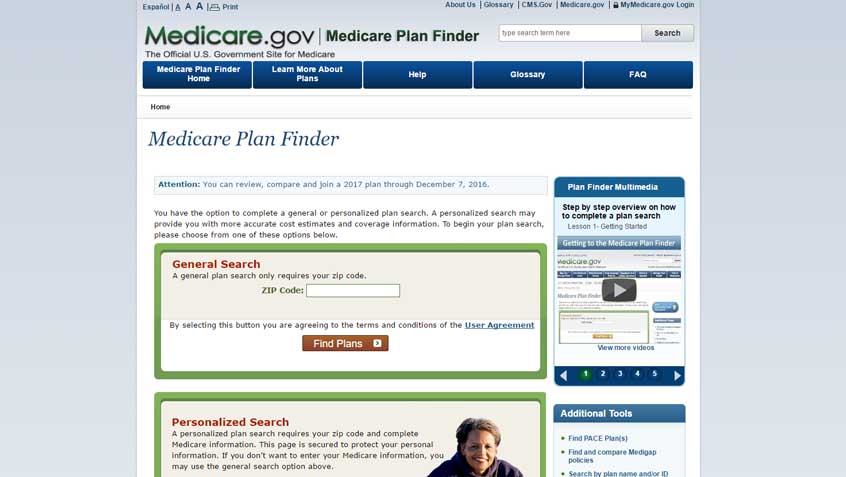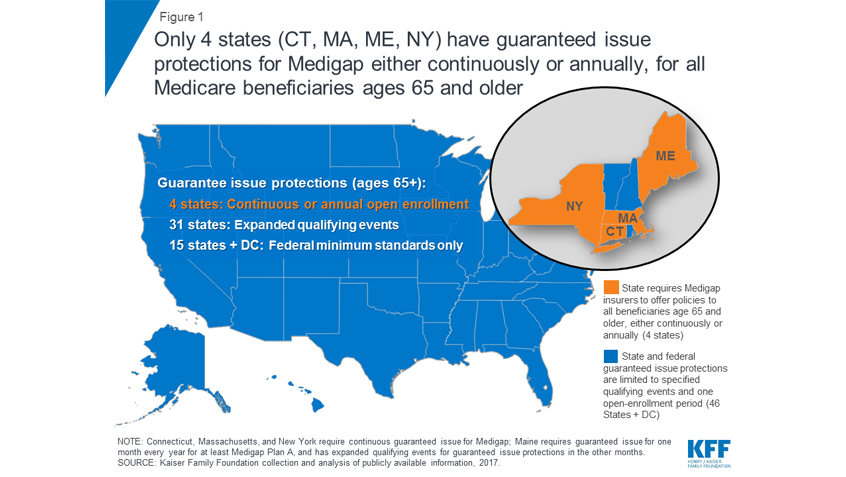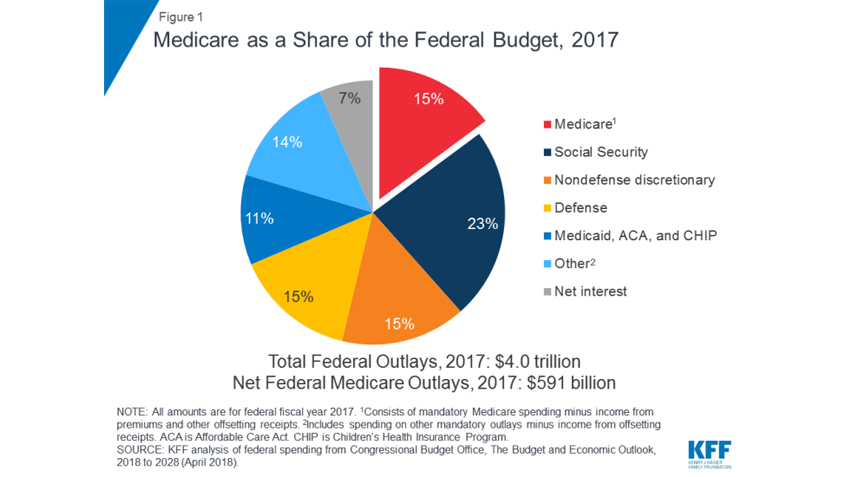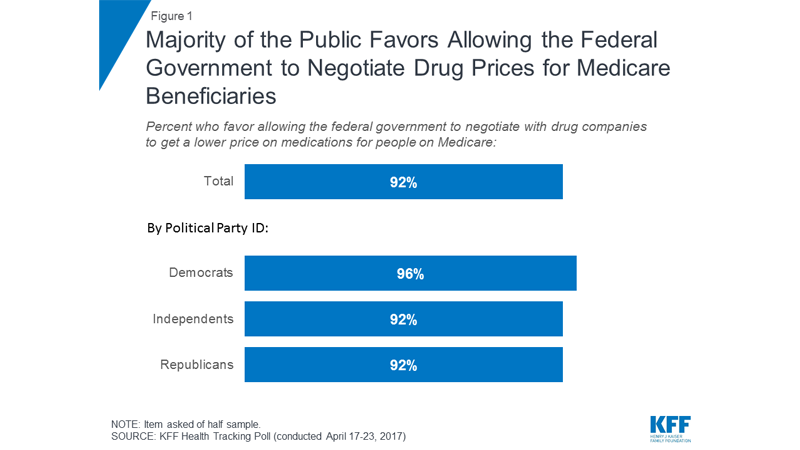
Center for Medicare Advocacy Releases Analysis of Various Medicare Advantage Changes
This week, the Center for Medicare Advocacy (CMA) released an issue brief that examines the details and legal underpinnings of several proposed and upcoming changes to the Medicare Advantage (MA) program. Designed to be a resource for advocates and attorneys, CMA’s analysis combines several disparate sources of MA changes, including recently signed legislation, regulatory rulemaking, and sub-regulatory guidance. It also predicts some of the consequences of these changes on, among other things, beneficiary decision-making and informed choice. The brief outlines the changes to MA made in the Balanced Budget Act of 2018 (BBA), in the Part C and D final rule issued earlier this year, and in the Final Call Letter for 2019.










